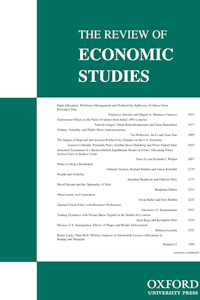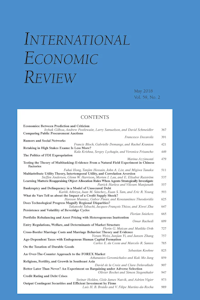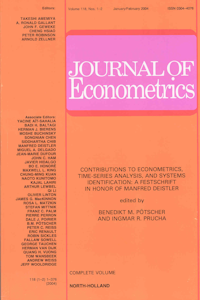
Aidt, T., Grey, F. and Savu, A.
The Meaningful Votes: Voting on Brexit in the British House of Commons
Public Choice
Vol. 186 pp. 587–617 (2020)
Abstract: Why do politicians rebel and vote against the party line when high stakes bills come to the floor of the legislature? To address that question, we leverage the three so-called Meaningful Votes that took place in the British House of Commons between January and March 2019 on the Withdrawal Agreement that the Conservative government had reached with the European Union. The bill was defeated decisively three times following a major revolt amongst Conservative backbench Members of Parliament (MPs). We find that three factors influenced their rebellion calculus: the MP’s own ideological views, constituency preferences and career concerns. Somewhat paradoxically, the rebellion within the Conservative Party came from MPs who had supported Leave in the 2016 Brexit referendum and from MPs elected in Leave-leaning constituencies.
Keywords: BREXIT, roll call votes, rebellions, party discipline, party coherence, House of Commons
JEL Codes: D72
Author links: Toke Aidt
Publisher's Link: https://doi.org/10.1007/s11127-019-00762-9 ![]()



